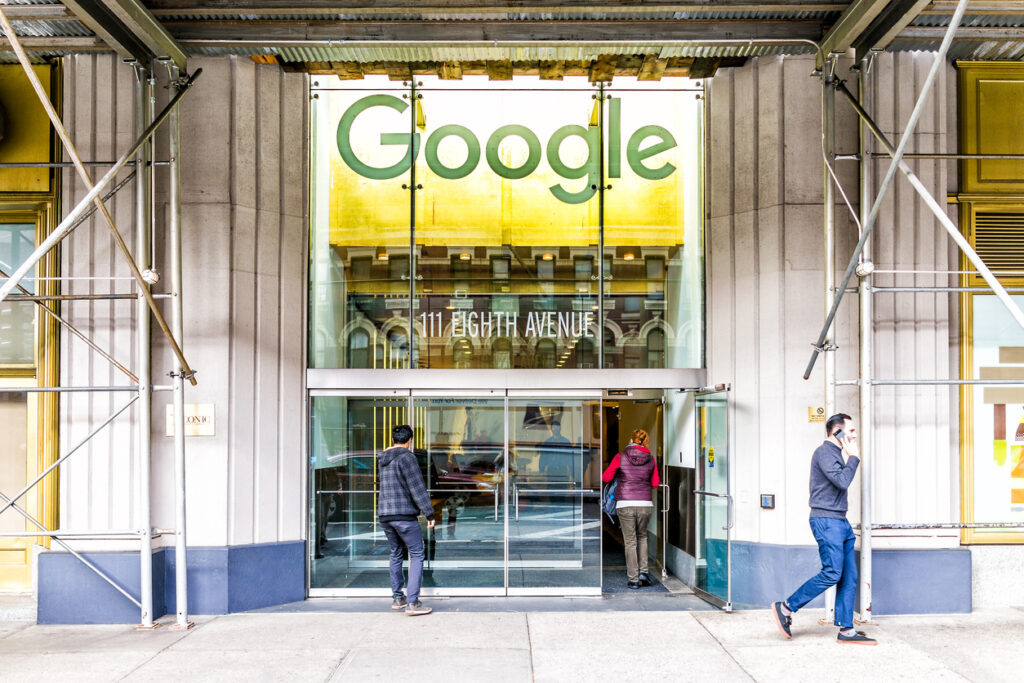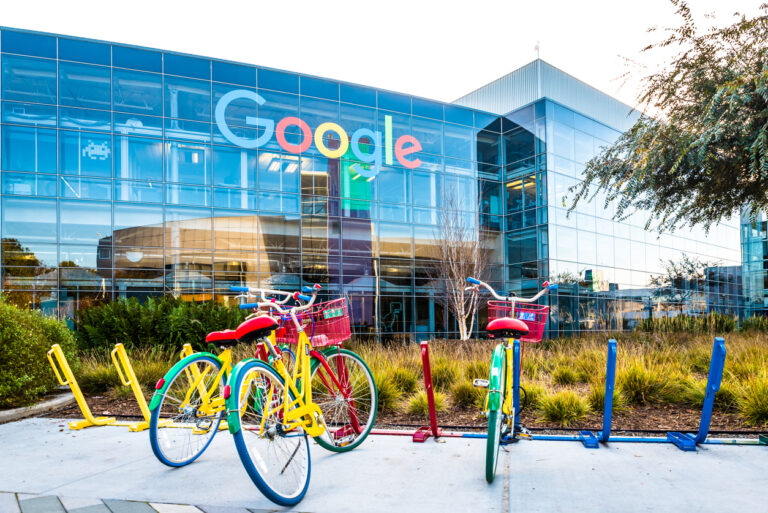Google employees who choose to work permanently from home could have their salaries cut by up to 25%, according to a new report by Reuters.
Employees with longer commutes will be hit the hardest.
In July 2020, Google was the first major U.S. company to formalize a long-term remote working plan for employees after the COVID-19 pandemic began.
However, the tech giant has now introduced a location-based compensation model that may force many work-from-home employees back to the office.
Google offers employees a Work Location calculator that shows them how much their salary will change if they continue to work from home after the company’s offices reopen on Oct. 19.
Reuters found that employees living in Stamford, Connecticut, would receive a 15% pay cut if they decide to work remotely instead of making the one-hour commute to Google’s office in New York City. However, remote workers living in Manhattan would not receive a pay cut.

Meanwhile, employees who choose not to commute to Google’s Seattle office would see a salary drop of around 10%, and those who don’t want to travel to its San Francisco location would see a pay reduction of up to 25%.
A Google spokesperson said that the company’s compensation packages have “always” been based on location, with different cities and states having different salary ranges.
However, critics of the new pay structure fear it will unfairly discriminate against people who find it difficult to commute and are already underrepresented in office settings, such as stay-at-home mothers and people with disabilities.
BBC contributor Hannah Hickock said that the plan threatens to intensify “gender inequality across the spectrum by reinforcing domestic roles,” which could hamper a woman’s potential to make career advancements and earn more money.
Jake Rosenfeld, a sociology professor and pay determination researcher at Washington University in Missouri, said that Google’s plan is unnecessary and will hurt families.
“Google has paid these workers at 100% of their prior wage by definition,” said Rosenfeld. “So it’s not like they can’t afford to pay their workers who choose to work remotely the same that they are used to receiving.”
In contrast to Google’s move, tech companies Reddit and Zillow have announced location-agnostic pay models, saying that they improve employee retention and diversity.

